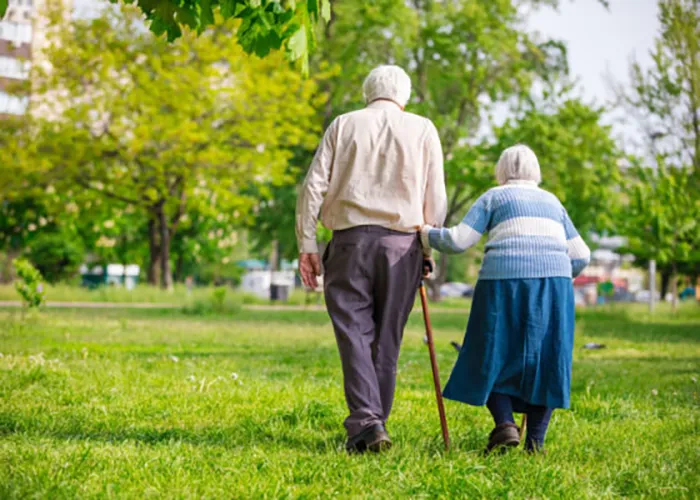Hadith Of The Week – Friday Bulletin Issue14
The International Day of Older Persons is observed annually on 1 October to raise awareness of the challenges faced by older individuals and to promote the creation of an inclusive society for all ages. The United Nations General Assembly adopted a resolution on 14 December 1990, designating 1 October as the International Day of Older Persons.
Remarkably, 14 centuries before this resolution, Imam Ja’far al-Sadiq (peace be upon him) emphasized the importance of respecting and honouring the elderly, saying:
عَظِّمُوا كِبَارَكُمْ وَ صِلُوا أَرْحَامَكُمْ وَ لَيْسَ تَصِلُونَهُمْ بِشَيْءٍ أَفْضَلَ مِنْ كَفِّ اَلْأَذَى عَنْهُمْ (الکافی، جزء 2، ص 165).
“Honor your elders and maintain your family ties. And you cannot uphold these ties with anything better than refraining from causing harm to them.”
(Al-Kafi, Vol. 2, p. 165).
This Hadith has some messages for different groups in the Muslim Ummah. Some of these messages are briefed here.
Educational Messages of the Hadith For Teenagers and Youth:
Developing Respect for Elders in Family: One of the key messages of this hadith for youth is the importance of respecting the older generations, especially within their families. This respect is not only about formal gestures but also about listening, valuing their experiences, and acknowledging their wisdom. In today’s world, this message holds particular relevance, as the rise of social media and the internet has contributed to a generational divide, with younger people often receiving more influence from online communities and peers than from the elders in their families.
Social media platforms, while offering some benefits, can also promote cultures of individualism, instant gratification, and superficial communication. The fast-paced nature of the internet often leads to the devaluation of traditions, patience, and the long-term perspectives that older generations possess. Moreover, the portrayal of youth culture online can sometimes foster a sense of superiority over the experiences and values of older people, diminishing the respect that was traditionally given to elders.
This hadith encourages young people to counter these trends by consciously nurturing respect for their elders. Elders in families often carry decades of lived experience, wisdom, and understanding that cannot be found on social media or quick internet searches. They offer a deeper connection to cultural heritage, traditions, and values that can guide youth through life’s challenges. By showing respect—through meaningful interactions, listening attentively, and offering support—young people can build stronger, more fulfilling relationships with their elders. This, in turn, fosters a sense of continuity between generations, reinforcing the values of family, community, and shared responsibility that are often at risk of being eroded in the digital age.
Educational Messages of the Hadith for Parents:
Role Modelling Respect and Compassion: Parents should lead by example, demonstrating respect for elders and teaching their children the importance of preserving family ties through acts of kindness and empathy.
Building a Foundation for Ethical Behaviour: By stressing the importance of avoiding harm, parents can help their children develop a strong ethical foundation, ensuring they approach relationships with care and responsibility.
Educational Messages of the Hadith for Imams of Islamic and Cultural Centres:
Community-Building Through Respect and Unity: Imams can organise workshops and sermons that emphasise the importance of intergenerational respect and cooperation, fostering a unified community grounded in Islamic ethics.
Providing Spiritual Guidance on Ethical Conduct: Imams should highlight the significance of refraining from causing harm in relationships, offering religious and moral frameworks that guide individuals in nurturing family ties in line with Islamic principles.
Educational Messages of the Hadith for Muslim Communities:
Fostering a Culture of Mutual Support: Communities should create environments where elders are respected and supported, promoting a culture where each member takes responsibility for the well-being of others.
Encouraging Collective Accountability: By promoting the idea that refraining from harm is a collective responsibility, communities can encourage individuals to act with kindness and consideration, strengthening both family and community bonds.
editor's pick
news via inbox
Subscribe to the newsletter.




